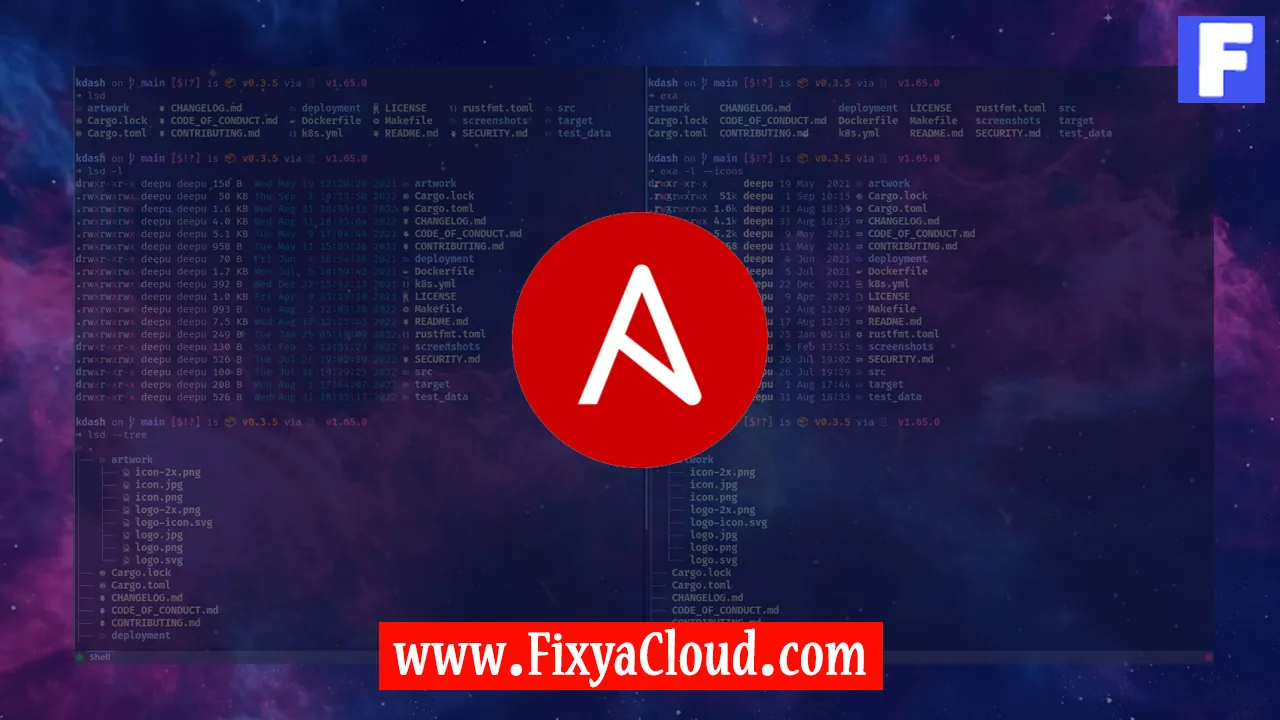How to Include Variables in Ansible Playbooks?

Ansible is a powerful open-source automation tool that simplifies the configuration management, application deployment, and task automation in IT environments. One of the key features that make Ansible flexible is its ability to use variables within playbooks. Variables allow you to customize and parameterize your playbooks, making them more dynamic and adaptable to different scenarios.
Understanding Variables in Ansible:
In Ansible, variables are placeholders for values that can be used throughout your playbooks. They enhance reusability and make your playbooks more modular. Understanding how to include and use variables is essential for creating efficient and flexible automation scripts.
Declaring Variables in Ansible Playbooks:
To declare a variable in Ansible, you can use the vars section in your playbook. Here's an example:
---
- name: Example Playbook with Variables
hosts: localhost
vars:
my_variable: "Hello, Ansible!"
tasks:
- name: Display Variable
debug:
var: my_variable
In this example, a variable named my_variable is declared and assigned the value "Hello, Ansible!". The debug task then prints the value of the variable.
Using Variables in Tasks:
Now that you have declared a variable, you can use it within tasks. Here's how you can reference the variable in a task:
---
- name: Example Playbook with Variables
hosts: localhost
vars:
my_variable: "Hello, Ansible!"
tasks:
- name: Display Variable
debug:
var: my_variable
- name: Use Variable in Task
debug:
msg: " is awesome!"
In this example, the second task uses the my_variable in a message, demonstrating how to incorporate variables into your playbook tasks.
Command-Line Overrides:
You can also override variables from the command line when running your playbook. For example:
ansible-playbook my_playbook.yml -e "my_variable=Greetings"
This command will override the value of my_variable with "Greetings" for the duration of that playbook run.
Including External Variable Files:
To keep your playbooks clean and organized, you can store variables in external files and include them in your playbooks. Create a file, let's say vars.yml, with your variables:
# vars.yml
my_variable: "Hello, from external file!"
Then, include this file in your playbook:
---
- name: Playbook with External Variables
hosts: localhost
vars_files:
- vars.yml
tasks:
- name: Display Variable
debug:
var: my_variable
Including variables in Ansible playbooks is a crucial skill for effective automation. They allow you to create versatile and adaptable scripts that can be reused across different environments. Whether you're declaring variables directly in the playbook, using them in tasks, or managing them externally, understanding Ansible variables will significantly enhance your automation capabilities.
Related Searches and Questions asked:
That's it for this topic, Hope this article is useful. Thanks for Visiting us.
